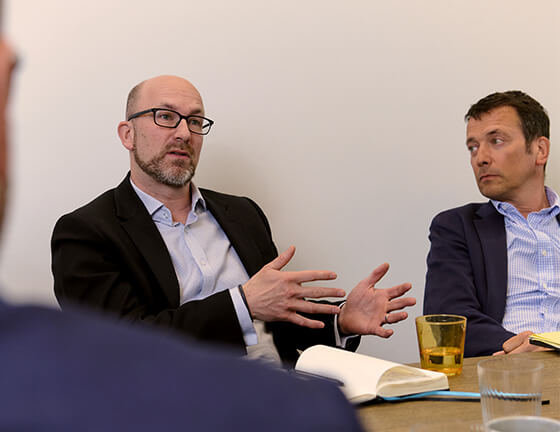Joe Dubbin, Managing Director, Cripps Leadership Advisors
Public awareness around environmental and social issues is at an all-time high and society’s attention is now firmly fixed on humanity’s long-term impact on the planet and its ecosystems.
In the corporate world, companies are responding to concerns and expectations from increasingly active and educated investor base, alongside increasingly strong consumer sentiment and increased spending power towards sustainable choices.
Boards and management teams are now reviewing their sustainability credentials and assessing what strategies they have, or need to have in place, as key stakeholders demand to know what the environmental and social impact of their company is.
In response, bringing specialist knowledge of ESG into the boardroom is critical for all listed companies – and is an increasing desire for private business and capital. With investors now willing to divert their capital away from funds that may be doing harm, either directly, or indirectly through supply chains, ignoring ESG is no longer an option.
Traditional industries are falling behind
In our experience, many traditional industries have been slow to integrate ESG into their business strategy and are simply meeting compliance measures. There are of course exceptions to the rule – one client of ours that is working in Energy, for example, has created benchmarks to lead the agenda in the sustainability arena, moving ahead of its peers and owning the space. The problem is that most companies aren’t bold enough to do this.
Many clients are doing a lot of good but currently cannot quantify or articulate their efforts. An audit of existing practices will identify areas of strength that can be used to demonstrate credentials to stakeholders, while also identifying areas for improvement, and an area of focus for any new strategy.
Bringing in a specialist
To respond to the rising importance of ESG, many companies are hiring individuals with ESG experience onto their board. From experience, an ideal candidate will be someone who knows the industry the company is operating in, as well as an expert in sustainability.
In order to find the best qualified person for our clients, we begin with extensive research through our networks, both on the ground and at management level. From these conversations, we build a valuable picture of the most impressive individuals operating in the field, who have the capability to devise and communicate powerful ESG agendas to key stakeholders.
We are seeing an increasing number of candidates for these types of roles. They tend to fall into two camps: those from a communications or an environmental science background. We often suggest that companies hire those with a science background as they are often more embedded in the industry at a grass roots level and therefore can create impactful commercial strategies to address sustainability in the long-term.
It’s also critical to find someone who can persuade the senior team to evolve and forge a new direction. A specialist can achieve this by bringing the board and c-suite on a journey with them, and by winning the argument on why this should at the core of the organisation’s long-term strategy.
A willingness to evolve can be a matter of survival so, overall, we don’t find it hard to encourage boards to be on the front foot when it comes to ESG.
An evolving role
For most companies, the ESG role is still nascent and will inevitably evolve as companies find their feet when it comes to meeting the sustainability demands placed on them. However, whilst appointing these individuals is a good starting point, time is of the essence and organisations cannot afford to further delay their ESG efforts. It is imperative both from an environmental and social aspect, as well as for the long-term financial sustainability of the company.


